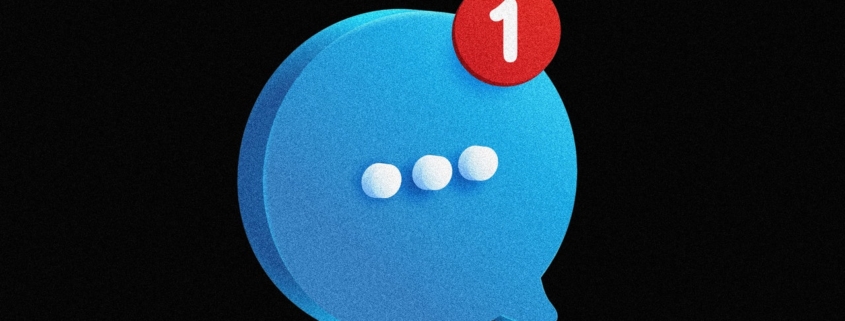The Privacy Danger Lurking in Push Notifications
To send those notifications that awaken a device and appear on its screen without a user’s interaction, apps and smartphone operating system makers must store tokens that identify the device of the intended recipient. That system has created what US senator Ron Wyden has called a “digital post office” that can be queried by law enforcement to identify users of an app or communications platform. And while it has served as a powerful tool for criminal surveillance, privacy advocates warn that it could just as easily be turned against others such as activists or those seeking an abortion in states where that’s now illegal.
In many cases, tech firms don’t even demand a court order for the data: Apple, in fact, only demanded a subpoena for the data until December. That allowed federal agents and police to obtain the identifying information without the involvement of a judge until it changed its policy to demand a judicial order.
Europe’s sweeping Digital Markets Act comes into force next week and is forcing major “gatekeeper” tech companies to open up their services. Meta-owned WhatsApp is opening its encryption to interoperate with other messaging apps; Google is giving European users more control over their data; and Apple will allow third-party app stores and the sideloading of apps for the first time.
Apple’s proposed changes have proved controversial, but ahead of the March 7 implementation date the company has reiterated its belief that sideloading apps creates more security and privacy risks. It may be easier for apps on third-party apps stores, the company says in a white paper, to contain malware or try to access people’s iPhone data. Apple says it is bringing in new checks to try to make sure apps are safe.
“These safeguards will help keep EU users’ iPhone experience as secure, privacy-protecting, and safe as possible—although not to the same degree as in the rest of the world,” the company claims. Apple also says it has heard from EU organizations, such as those in banking and defense, which say they are concerned about employees installing third-party apps on work devices.
WhatsApp scored a landmark legal win this week against the notorious mercenary hacking firm NSO…


